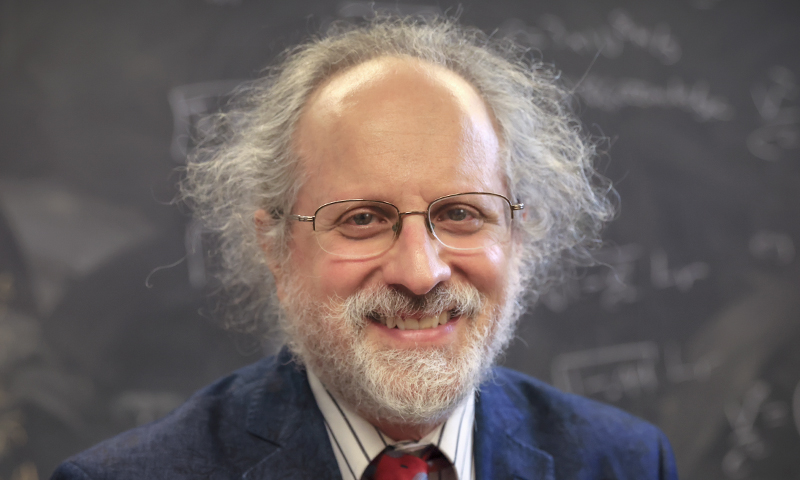
Donald Spector

Donald A SpectorProfessor of Physics
Joined faculty in 1989
Ph.D., Harvard, 1986
A.M., Harvard, 1983
A.B., Harvard, magna cum laude, 1981
Contact Information
Scholarly Interest
- Supersymmetry in physics and mathematics
- Particle Theory
- Q-balls
- Computational complexity and physics
- Set theory and physics
- Quantum field theory
- Magnetic monopoles
- Applications of physics to computer science, biology, and economics
- WMD
- Intersection of physics and the arts, especially theatre and music
Teaching Experience
I have spent the bulk of my teaching career at Hobart and William Smith Colleges. During my postdoctoral and graduate student years, I taught at both Harvard University and Cornell University, where I received teaching awards.
Research
Important results:
- First proof that the Most Attractive Channel conjecture is false
- Application of supersymmetry to arithmetic number theory, including the recognition of the Möbius Inversion Function as (-1)^F
- A model-independent derivation of Bogomol'nyi bounds and equations for topological field configurations
- Identification of duality structures in non-relativstic supersymmetric quantum mechanics
- Analysis of Q-ball dynamics (phase transitions; quantum stabilization; possibility of physical Q-balls in the theory of mesons)
- First indications of the application of set theoretic forcing to physics
- Study of cooling protocols in simulated annealing, including development of some of the early such schemes
Interdisciplinary research:
- A systems analysis of what makes weapons massively destructive
- Identifying ideas from physics that have representations in theatre and in music
- Establishment of connections between tunneling phenomena and computational complexity
My research has been supported by external funding from the National Science Foundation, the Japan Society for the Promotion of Science, the Kavli Institute for Theoretical Physics, the North Atlantic Treaty Organization, and the Foundational Questions Institute.
Courses Taught
Recent courses:
- First-year seminars: Reflecting Science; Time Travel & Multiple Universes; Einstein, Relativity, & Time
- Physics through Star Trek
- Intro Physics II: Optics & Electromagnetism
- Mathematical Methods
- Quantum Computing
- Contemporary Inquiries in Physcs
- Modern Physics
Courses taught less recently:
- Quantum Mechanics
- Optics
- Thermal Physics
- Mechanics
- Astronomy
- Intro Physics I: Mechanics & Waves
